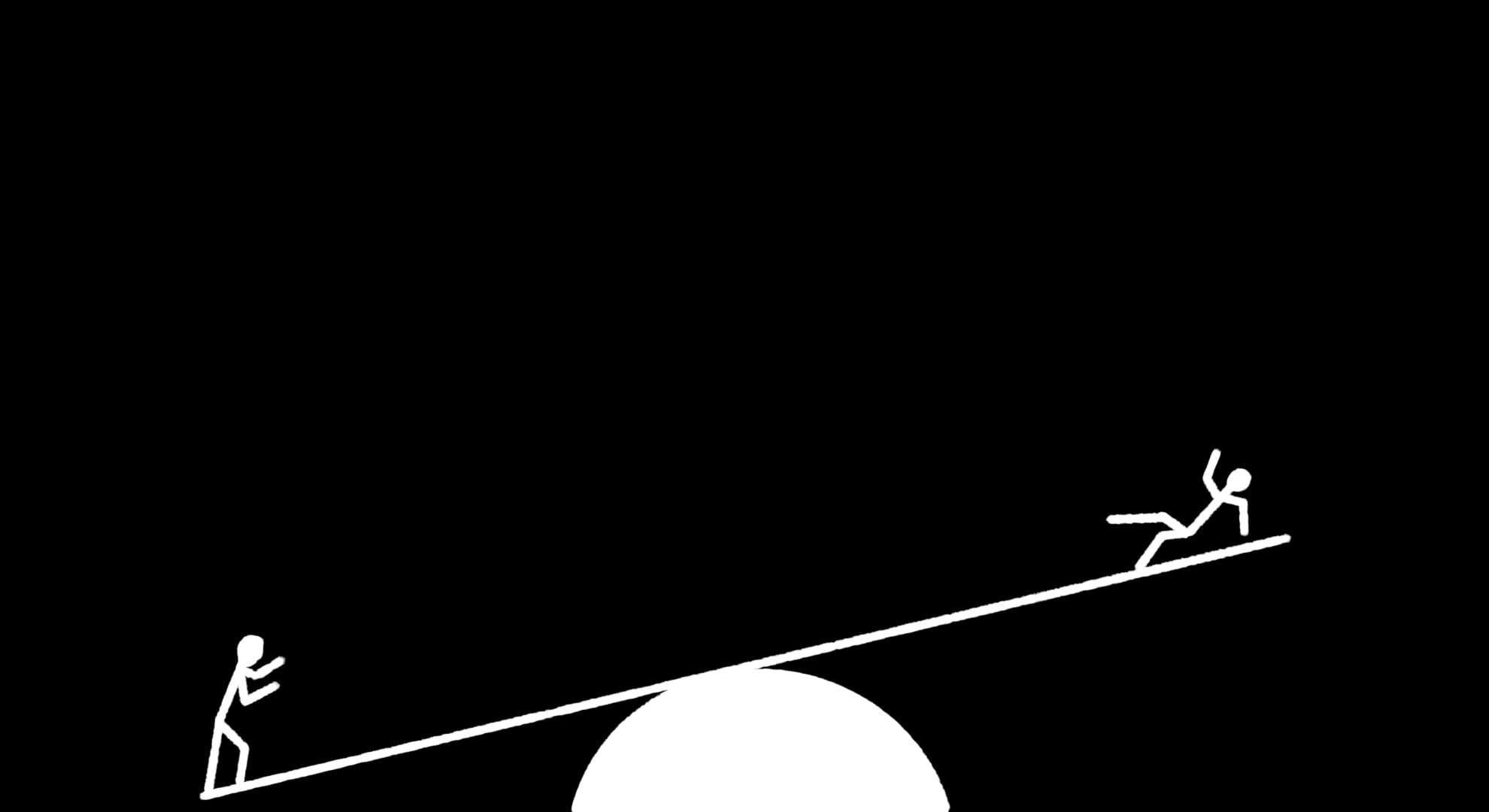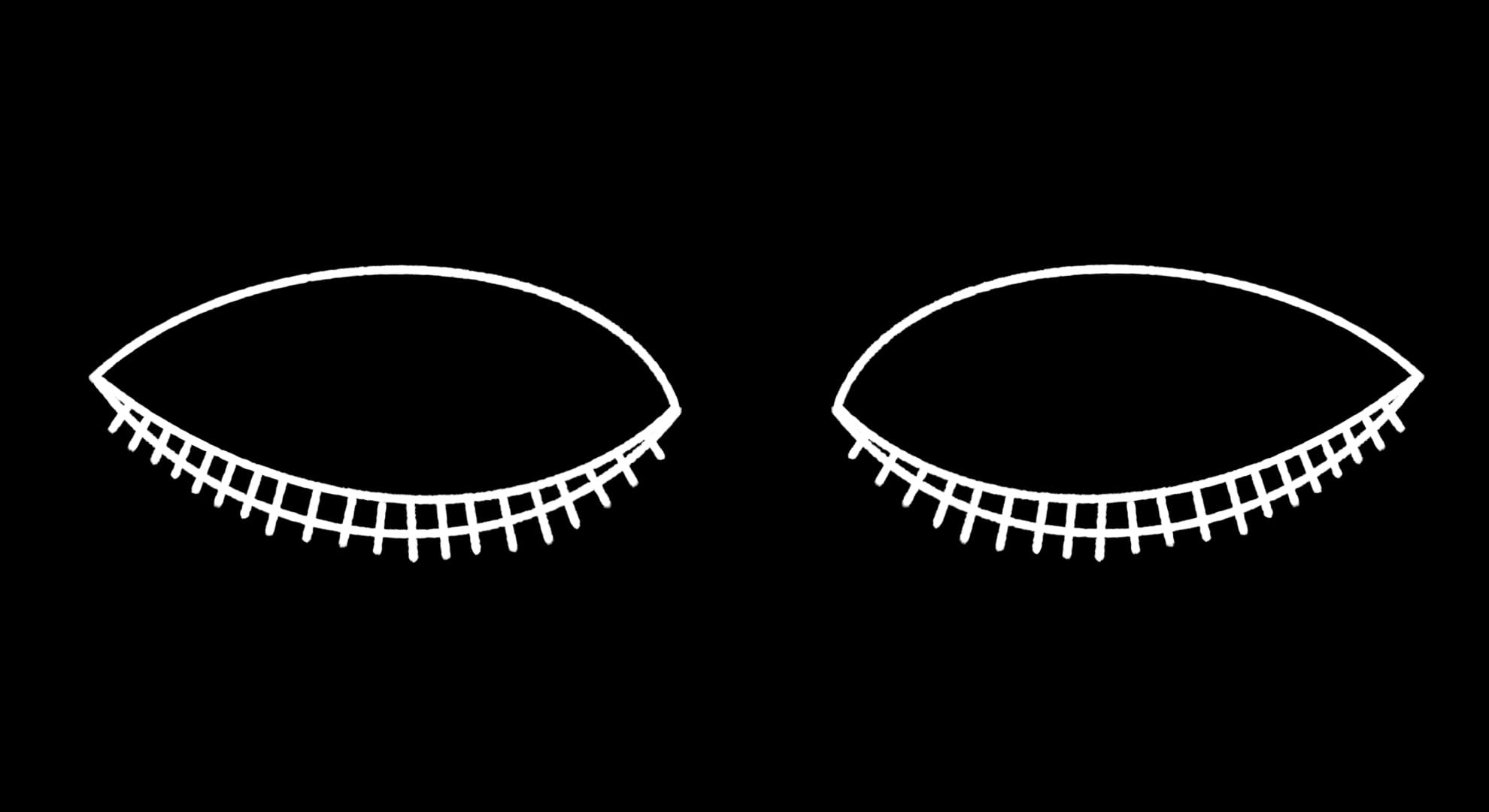I thought long and hard about publishing this story. Not because it is particularly painful or difficult to tell. But maybe because there lingers this notion of insignificance, a feeling that this specific story is not relevant enough to contribute to the discussion of the artist-fan relationship.
However, the more I reflected on what happened 14 years ago, the more I felt it was worth telling despite all my doubts.

It all started in 2010 when I attended a reading in Zurich by an author and musician. The artist, who shall remain anonymous, a man, was then 43 years old. And me, I was 19.
I was fascinated by this artist’s lyrical, dark, and obscure oeuvre. Naturally, I was also excited to witness him, even publishing a report about the event later. Strategically savvy, I took a seat in the front row, the best place to take photos that should illustrate the report.
The reading began harmless but was divided into two parts. During the break, I met a friend, and for the reading’s second half, we sat a bit further back. However, as soon as the artist returned to the stage, he noticed the empty chair. He leapt on it and asked where the young man went. If he was afraid, he asked.
I revealed myself, obviously amused and replied that I was enjoying the company of my friend. «I will teach you the meaning of fear,» he said and jumped towards me, a banana in hand, which I should hold while he put a condom on it. It was an absurd scene but fitting with the artist’s sometimes quite bizarre work.
Two days later, I published the report. With social media being nowhere near its peak, I wrote an entry on the artist’s guest book on his website, again revealing that I was the missing young man from the front row.
Support us here.
From there on, a lively email conversation developed that soon moved to the MSN Messenger. He told me he would still be in Switzerland for another week as he was collaborating on a project with a local artist.
The chat, however, did not remain within the boundaries of small talk and professional topics. Life, love, depression, all the things you would talk about with a good friend. I felt special, I felt proud that we discussed on this level for hours and days.
One recurring topic would turn out to be far more critical: the first sexual experiences.
He told me about his first time with another man. Initially, I thought he maybe was experimenting, but I was probably wrong. He asked me if I was bisexual. I said no, but he was not satisfied with that answer, kept asking and pushing again and again.
In an attempt to keep our platonic relationship going, I unsuccessfully tried to find a partner for him. But he already noticeably lost interest in me, and ultimately stopped the communication.
However, only two days later, I received an email from him, offering me an interview to talk about the collaboration he was doing. It would be published by a big magazine in Germany. I agreed to do it. All went well, and he made no further advances.
Abuse of Power
Everything you have read about this encounter is a slightly edited version of a story—actually, more like a diary entry—I wrote down on August 18, 2010. Written with the perspective on an impressionable teen.
All those years ago, I did not think too much about the affair, even taking it as a funny anecdote I could tell a while later. There was no public debate about the pitfalls of artist-fan relationships, nor was I mature and wise enough to recognise what transpired. I never backed up the chats; no evidence besides my retelling of the account and the reports published about the reading and the collaboration.
Today, I see it from a different perspective.
If this all had happened to a woman, the story would have been a different one—and for all the right reasons. And I feel my hesitance to tell this story partly stems from the fact that men are still less sensitised on harassment and abuse of power because men are more likely to be perpetrators than victims. But when it happens, men tend to wipe these things aside.
Now, it is apparent to me that it was an abuse of power. A 43-year-old man, a sort of legend in the scene, certainly famous and with an amount of influence, which he also demonstrated by organising this writing gig. And on the other side, there I was, a 19-year-old boy, a fascinated fan, feeling honoured to receive this level of attention.
What is abuse of power?
«Abuse of power can occur when the often one-sided or at least asymmetrical dependency is not organised in an appropriately responsible manner but consciously or unconsciously for the material or immaterial benefit of the person primarily responsible. All forms of cross-border communication and physical contact with a degrading effect can be regarded as abusive.» — by German Musicological Society (GfM)
While I cannot tell if his actions were intentional, his behaviour did cross several boundaries. And one could argue that a 43-year-old man has the capacity to know what he is doing.
Reflecting on my experience, I am surprised at how unsuspecting I was but also how naturally the conversation developed. The moment he asked me if I was bisexual, yes, that caught me off guard. But the pull to engage with a celebrity quickly washed away the irritation. I took it almost as a compliment, being courted like that. It escalated in tiny steps—one message at a time.
And I keep asking myself: What would have happened if I were bisexual? Would a possible sexual encounter have been consensual? Can it ever be with these vast gaps in age and status?
Finally, at the latest, with the discussion around the accusations against Rammstein’s Till Lindemann, the artist-fan relationship is being critically dissected.
Question Your Relationship With Artists
It would take me a couple of years until I began severing ties with blind fandom, nurtured by some obviously annoying and bad experiences with artists and a growing experience in journalistic distance.
There is sadness in losing the ability to unconditionally fan for someone. Keeping everything at arm’s length bears the danger of never being truly vulnerable, never really grasping the emotional depths transported in art.
But there is a case to be made for a constant reflection of our individual relationships with the artists, their work, and ourselves. It is not a black-and-white separation of artist and art but an ever-changing conversation informed by actions, morals, and ethics. Artists are humans, and no matter how famous they get, they remain complex characters—with all their talents but all their flaws and shortcomings too.
It is an argument one needs to have on an individual level because there is no guarantee that the artist is a decent person. More than ever, celebrities are under increasing scrutiny, and rightfully so. We see exploitative behaviour everywhere, which can have severely dire consequences than what I experienced.
With that said, it does not change the fact that the responsibility of how to shape any relationship where there is a difference in power, lies overwhelmingly with the person who holds the bigger power.
Tackle The System
Whether it is the «Row Zero» concept with Rammstein, the experience Alice Glass had at Crystal Castles, or even the recent case of a Swiss artist, there are plenty of examples of (sexual) harassment and abuse of power. We see these abusive behaviours in every facet of cultural creation, sports, and society at large.

While individual reflection on whether and how we put artists, creators, and celebrities on a pedestal is necessary, it is even more crucial to question the environment allowing their behaviour. There will always be people willing to abuse their status—and it is not usually a one-time thing.
If there is a system in place—for example, in music—where concert organisers, promoters, managers, labels, and even the media ignore it, look the other way, or worse, enable the behaviour, abusers can thrive and continue. We need to tackle these underlying systemic issues more than anything else.
• 143.ch
• Opferhilfe Schweiz





